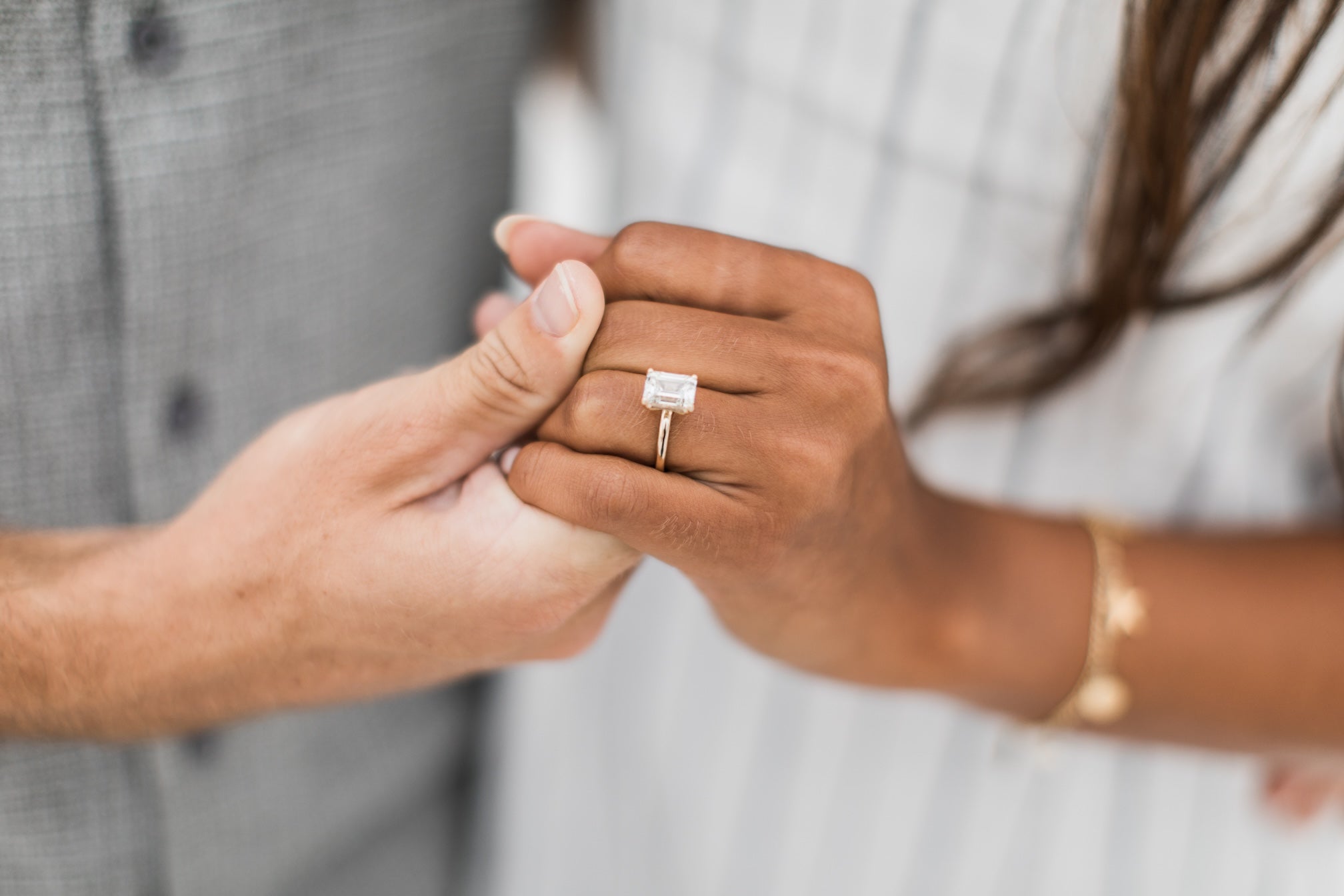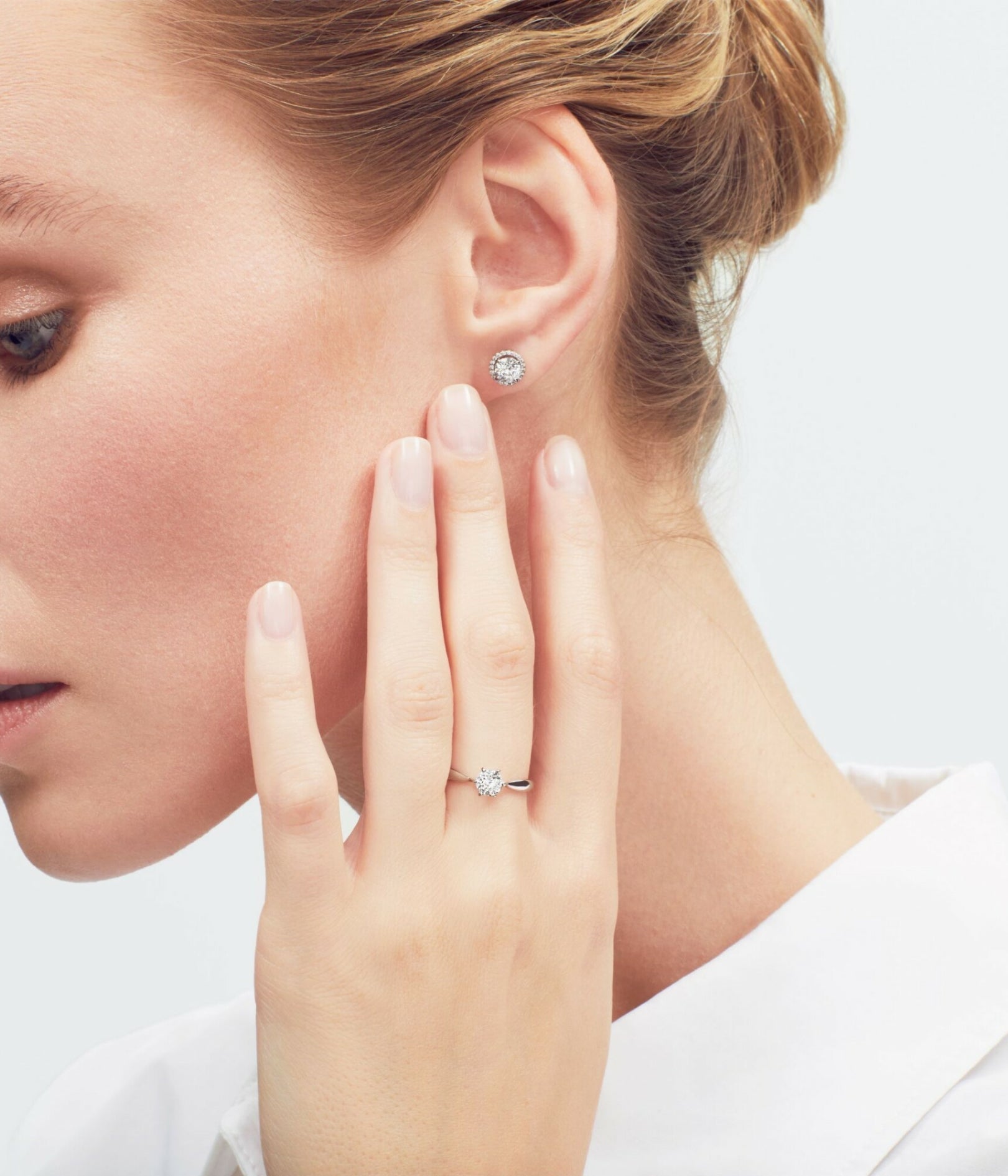47 Thoughtful Wedding Gift Ideas That Couples Actually Want in 2026
Wedding gift shopping stresses people out. I get it. You're staring at a registry wondering if the couple really needs...
88 Beautiful Happy Wedding Anniversary Wishes for Your Special Someone in 2026
Anniversary days roll around once a year. Whether you've been together five months or fifty years, these moments deserve something...
Which Goes First: Engagement and Wedding Ring? A Simple Guide to Ring Etiquette
The tradition of wearing engagement and wedding rings dates back 4,800 years. The ancient Egyptians began this beautiful practice of...
Engagement Ring Budget Guide: What Real Couples Actually Spend in 2026
Here's something that might surprise you: the average engagement ring budget is actually shrinking, not growing. The national average cost...
11 Expert-Backed Engagement Ring Care Secrets That Save You Thousands
The average American drops over $5,000 on an engagement ring. That's serious money. And engagement ring care isn't just about...
Engagement Ring Buying Guide: Simple Steps to Make Her Say Yes (Without Getting Ripped Off)
$5,900. That's what the average engagement ring costs in America today. I know that's a serious chunk of change for...









